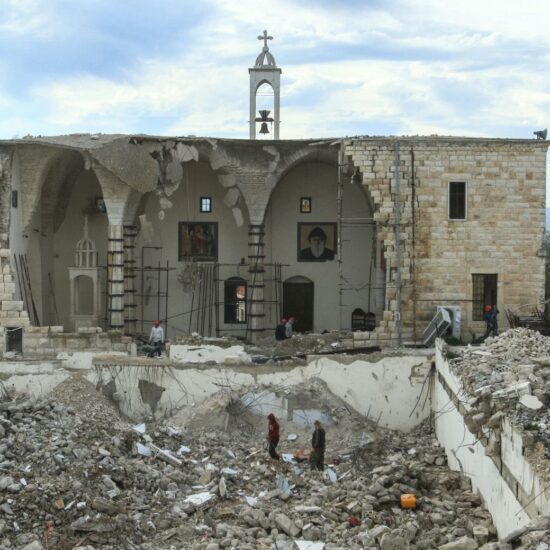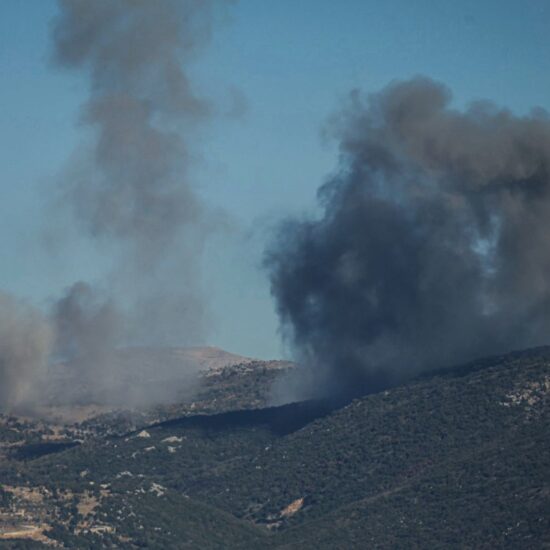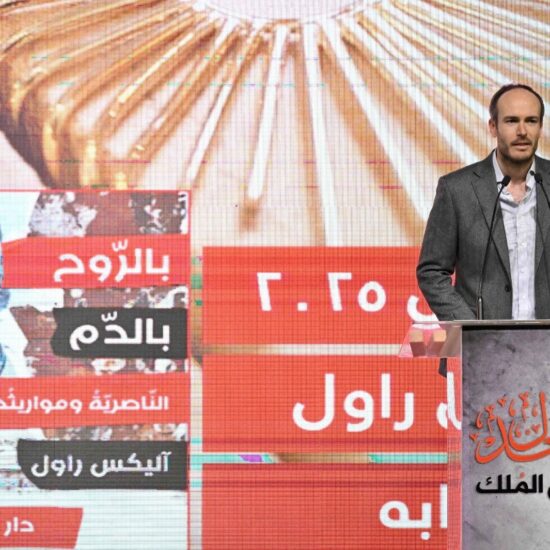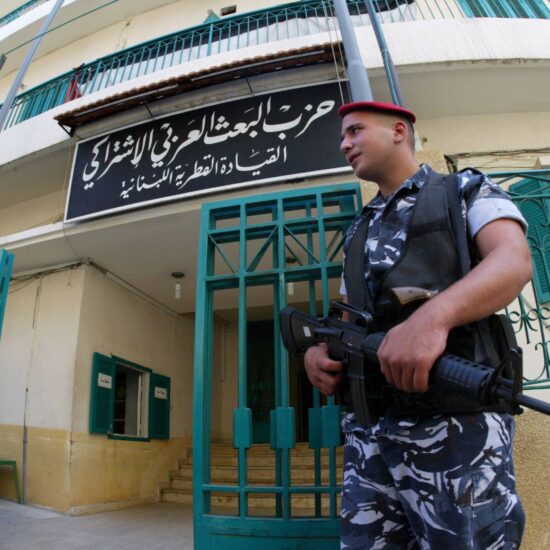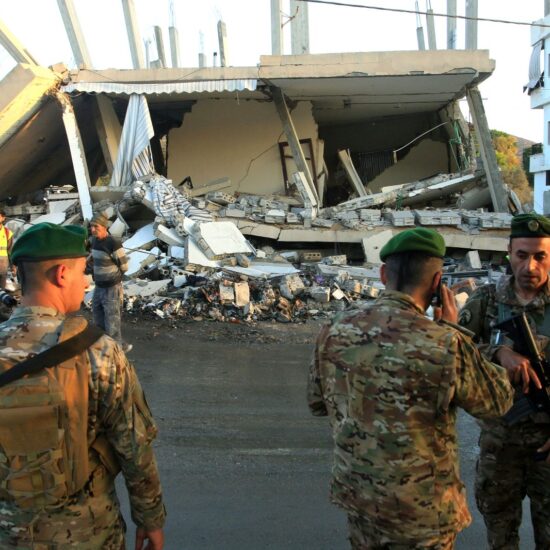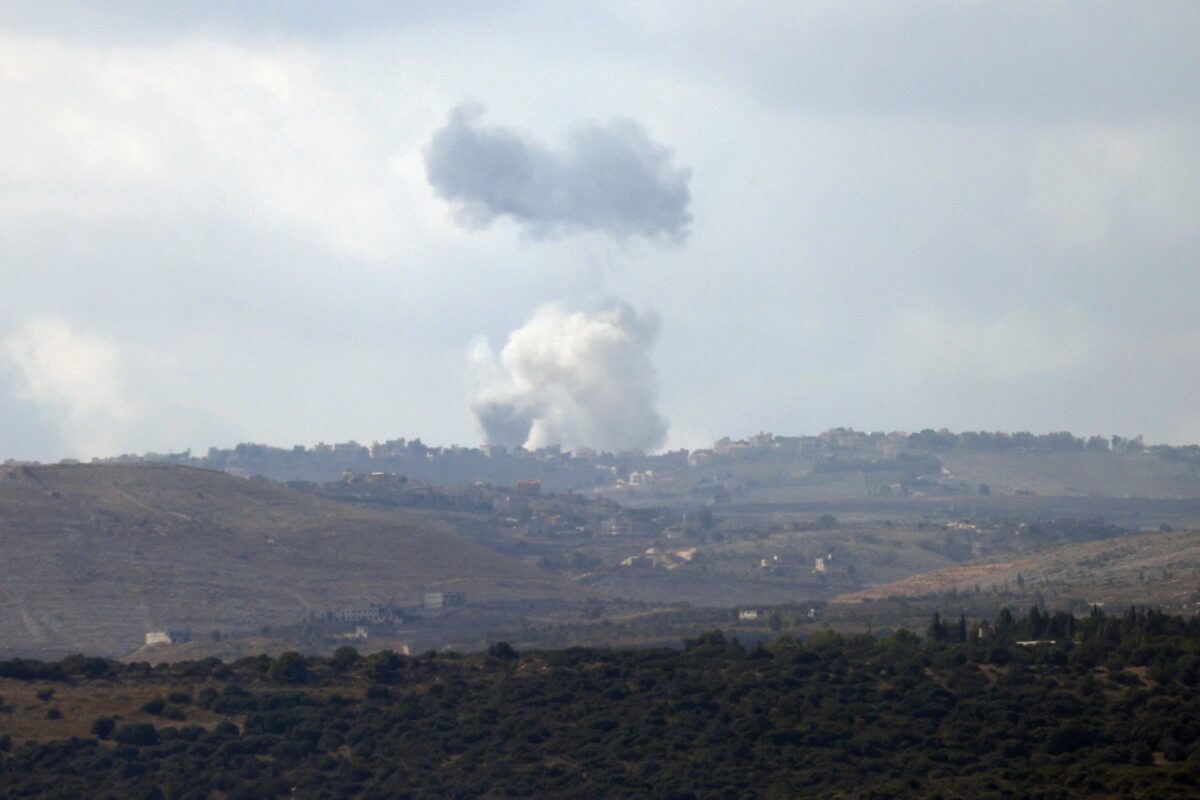
After recent escalations disrupted the vision of a US-Iran deal on the delicate balance of the Middle East, the positions of Hezbollah, Israel, and their regional allies have shifted dramatically. What once appeared to be a potential path toward diplomatic balance has instead become entangled in broader regional conflicts, unpredictable political shifts, and strategic recalculations by key actors
Over the past year, my analysis was rooted in the belief that a US-Iran deal could bring a delicate balance: ensuring Israel’s security while granting Hezbollah political dominance in Lebanon. This expectation hinged on diplomatic negotiations that could manage regional tensions, allowing each player to secure its core interests. However, as events unfolded, it became clear that the situation was far more volatile and unpredictable, leading to a different set of outcomes than initially anticipated. The logic was straightforward. Iran’s interest in securing a favorable diplomatic deal with the US seemed to suggest that it might be willing to temper Hezbollah’s military activities in exchange for economic relief and regional leverage. This, in turn, would grant Hezbollah greater political control in Lebanon, reinforcing its role as a key Iranian proxy without risking full-blown conflict. Israel, under these conditions, would have welcomed any arrangement that reduced immediate threats along its northern border, creating a fragile but manageable status quo.
Key developments that disrupted the plan
Several factors shifted the trajectory away from this expected outcome:
Escalating regional hostilities: After the October 7 attack carried out by Hamas and the subsequent Israeli military response, Hezbollah began a series of escalatory moves, indicating that the regional conflict was intertwined more deeply than anticipated. The linkages between Gaza and Lebanon became a flashpoint, undermining any notion of separating these theaters of conflict for diplomatic convenience.
Aggressive Israeli stance: Israel, under Netanyahu’s leadership, adopted a more assertive strategy, targeting not only Gaza but also Hezbollah’s infrastructure. This expanded military campaign was designed to degrade Hezbollah’s capabilities and deter further Iranian influence, signaling a departure from restraint and suggesting a willingness to confront multiple fronts simultaneously.
Fluctuating US policy: The anticipated US-Iran deal has been stalled by shifting American foreign policy priorities. The approaching US elections brought unpredictability, with both internal and external pressures making it difficult for any administration to commit to a long-term diplomatic resolution involving Iran’s proxies without appearing weak.
Internal pressures within Lebanon: Lebanon’s ongoing economic and political crisis has created an environment where Hezbollah’s actions are under increasing scrutiny. While still powerful, Hezbollah has had to navigate domestic challenges that constrain its military options. This has led to a situation where their traditional deterrence is faltering, with Israel managing to strike deeper without provoking full-scale retaliation.
Recent statements and their implications
Naim Qassem’s latest speech indicates a significant shift. By declaring that the conflict is no longer just about supporting Gaza but is now a direct confrontation with Israel, Hezbollah is trying to reassert its regional role. However, this rhetoric masks underlying vulnerabilities. The group’s deterrence has weakened, and its leadership has faced challenges, reflecting broader issues within its ranks and external pressures from its Iranian backers.
Potential outcomes moving forward
Given these developments, there are several scenarios that could unfold:
Full-scale conflict: If Israel perceives a strategic opportunity to decisively end Hezbollah, or if Hezbollah feels compelled to respond to protect its standing, a larger war could erupt. This would have devastating consequences for Lebanon and could draw in other regional players, escalating to a broader Middle Eastern crisis.
Controlled engagement: Diplomatic efforts, possibly involving Russia or the Gulf states, could lead to a temporary de-escalation. This would require backchannel negotiations to prevent a full-scale conflict, though it would likely leave underlying issues unresolved.
Protracted low-intensity skirmishes: Hezbollah might continue its approach of sporadic, symbolic attacks that allow it to maintain a posture of resistance without provoking a broader Israeli response. This could keep tensions high but prevent an all-out war.
Strategic de-escalation through internal weakening: Hezbollah’s leadership struggles, alongside domestic and international pressures, could force the group to recalibrate. This might lead to a more cautious stance, particularly if internal divisions grow or Iran decides to redirect its focus elsewhere.
The situation between Hezbollah, Israel, and their regional allies has shifted dramatically over the past year. What once appeared to be a potential path toward diplomatic balance has instead become entangled in broader regional conflicts, unpredictable political shifts, and strategic recalculations by key actors. As long as these dynamics remain unstable, continued volatility is inevitable, with outcomes hinging on both calculated maneuvers and unexpected developments.
The major takeaway is that, ultimately, all wars end in deals – this conflict will be no different. However, given the regional complexities, the array of influential players, and the pressing need to reshape the Middle Eastern landscape, the road to peace will likely be far from peaceful. Rather than a straightforward ceasefire, the journey to resolution might involve significant turbulence, setting the stage for a difficult and drawn-out process.
Ramzi Abou Ismail is a political psychologist and researcher at the University of Kent.
The views in this story reflect those of the author alone and do not necessarily reflect the beliefs of NOW.



